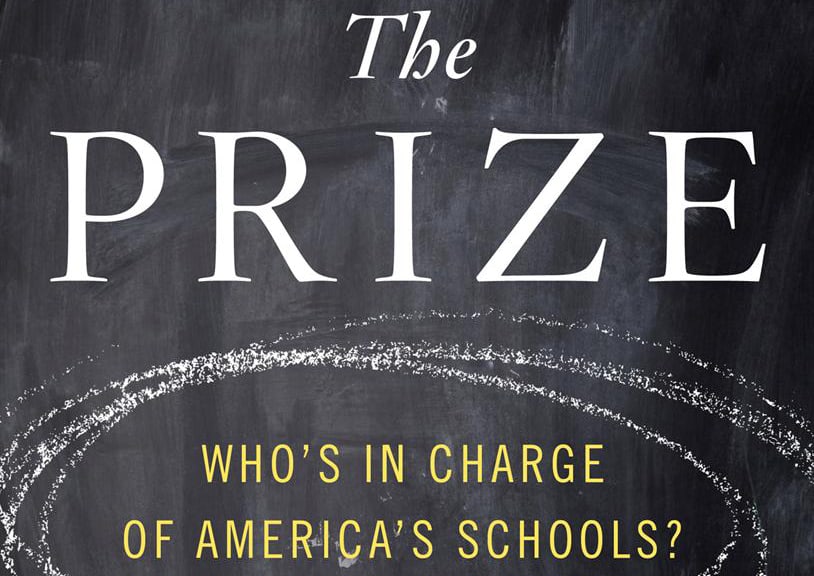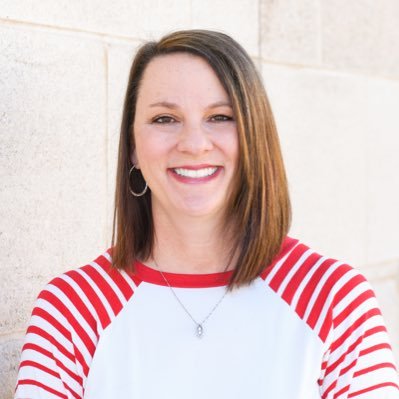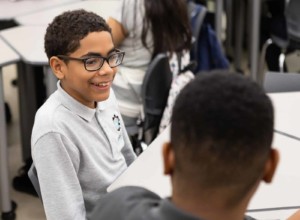Smart Review | The Prize: Who’s in Charge of America’s Schools?

Education reform is on the hearts and minds of parents, educators and philanthropists across the nation. How can we transform our schools to best prepare students for an unknown future? What’s the best approach? These are questions that launch a multitude of additional questions and hearty debate.
In the fall of 2010, Mark Zuckerberg dropped himself smack in the middle of that debate. Appearing on the Oprah show with New Jersey’s Republican Governor Chris Christie and Newark’s Democratic Mayor Cory Booker, he announced a 100 million dollar ‘challenge grant’ for Newark. The announcement was full of everything you’d expect: pulling of heart strings, passion, cheering. It was short on specifics. Everyone wondered, where would the money go?
Dale Russakoff aims to answer that question in her new book The Prize: Who’s in Charge of America’s Schools? Russakoff was granted unprecedented access from all players throughout the process. The result is a gripping tale of Newark and a cautionary tale for the country at large.
Russakoff chronicles two threads of the education reform debate – charter schools vs. district schools. In Newark, charters were growing before the Zuckerberg gift. As Christie tells in the Oprah announcement parents saw charters as the difference between “college and prison” for their children. The district schools stood in sharp contrast. District buildings were crumbling and unsafe. District leaders were corrupt with no regard for the children they were bound to serve. The district’s children were mired in generational poverty and gang violence that threaten their ability to learn.
A question emerges from the narrative – which works best to reform education, top down reforms or grassroots movements. Russakoff tells the story of both very well. But there’s no clear cut answer. It seems both are necessary. But how can those two sides co-exist and do what’s best for Newark’s children? Can they?
However, The Prize is not just a story about Newark. It’s a cautionary tale for education reform across the country, especially in urban districts. Something must be done to improve the education of our most vulnerable students. As with most things in life, balance is key. A balance between top down reforms and grassroots efforts. A balance between changing district policies and allowing teachers latitude to do what they know is best for the kids they have right now.
Perhaps the most important takeaway from The Prize is that education reform is going to take us all. Philanthropists, government agencies, district administration, teachers, parents, and community. The biggest success stories told by Russakoff in the Prize are collaborative. Everyone is working together with one thing at the center – the student. The Prize can’t be the dollars involved, the prize must be students.
- Smart Review | The Game Believes in You: How Digital Play Can Make Our Kids Smarter
- What if We Wanted for All Kids What We Want for Our Kids?
- 12 Ways to use Inside Out to Teach SEL, STEM, and Life’s Ups & Downs
Stay in-the-know with all things EdTech and innovations in learning by signing up to receive the weekly Smart Update.







0 Comments
Leave a Comment
Your email address will not be published. All fields are required.